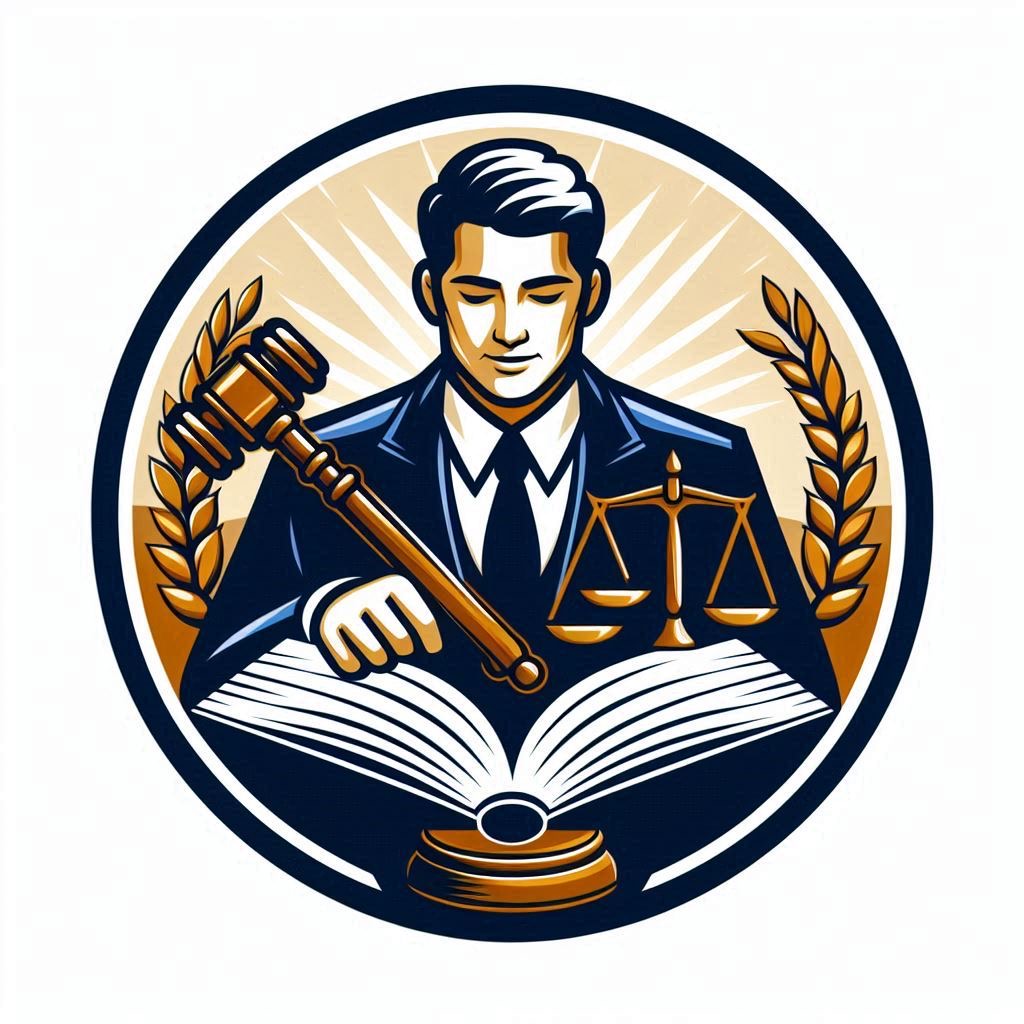
The Role of Precedent in Legal Decisions
The legal system can often seem complex and intimidating, especially when it comes to understanding how decisions are made in court. One of the key concepts that play a crucial role in the judicial process is the doctrine of precedent. This article will explain what precedent is, how it influences legal decisions, and why it is essential for maintaining a fair and consistent legal system.
What is Precedent?
Precedent, in legal terms, refers to a principle or rule established in a previous legal case that is either binding or persuasive for a court when deciding subsequent cases with similar issues or facts. The use of precedent is a fundamental feature of common law systems, such as those in the United States, the United Kingdom, Canada, and Australia.
Types of Precedent
- Binding Precedent (Mandatory Precedent):
- Definition: Binding precedent refers to past judicial decisions that a court must follow. This is typically the case for lower courts that are required to follow the rulings of higher courts within the same jurisdiction.
- Example: A decision made by the U.S. Supreme Court is binding on all lower federal courts and state courts dealing with federal issues.
- Persuasive Precedent:
- Definition: Persuasive precedent refers to past decisions that a court may consider but is not obligated to follow. These decisions come from courts of equal or lower rank, or from courts in different jurisdictions.
- Example: A decision made by the California Supreme Court may be persuasive but not binding on a court in New York.
The Importance of Precedent in Legal Decisions
- Ensures Consistency and Predictability:
- Consistency: By adhering to precedent, courts ensure that similar cases are treated similarly, promoting fairness and stability in the law.
- Predictability: Precedent allows individuals and businesses to predict the likely outcomes of legal disputes, helping them to make informed decisions and plan accordingly.
- Guides Judicial Decision-Making:
- Precedent provides a framework for judges to make decisions based on established principles rather than personal discretion. This helps to maintain an impartial and objective judiciary.
- Facilitates Efficient Legal Processes:
- Courts can resolve cases more efficiently by relying on established precedents, reducing the need to re-litigate settled issues.
- Encourages Legal Development:
- While precedent promotes stability, it also allows the law to evolve over time. Higher courts can overturn outdated or incorrect precedents, reflecting changes in societal values and legal principles.
How Precedent Works in Practice
- Stare Decisis:
- The doctrine of stare decisis, meaning “to stand by things decided,” underpins the use of precedent. It obligates courts to follow the rulings of higher courts in similar cases.
- Example: If the U.S. Supreme Court has ruled on a constitutional issue, lower courts are bound to follow that interpretation in future cases.
- Distinguishing Cases:
- Judges may distinguish a case from precedent if the facts or legal issues are sufficiently different. This allows flexibility and prevents the rigid application of inappropriate precedents.
- Example: If a prior case dealt with commercial contracts, a judge might distinguish it when ruling on a consumer contract with significantly different terms.
- Overruling Precedent:
- Higher courts have the authority to overrule their own precedents if they find them to be incorrect or outdated. This can occur when new legal, social, or technological developments emerge.
- Example: The U.S. Supreme Court’s decision in Brown v. Board of Education (1954) overruled the “separate but equal” doctrine established by Plessy v. Ferguson (1896).
Notable Cases Highlighting Precedent
- Brown v. Board of Education (1954):
- Significance: This landmark case overturned the precedent set by Plessy v. Ferguson, declaring racial segregation in public schools unconstitutional. It showcased the role of the Supreme Court in updating the law to reflect contemporary values of equality and justice.
- Roe v. Wade (1973):
- Significance: This case established the precedent for the right to privacy concerning abortion, which lower courts have followed for decades. The ongoing debates and legal challenges around this precedent highlight how influential and contentious precedents can be.
Conclusion
The doctrine of precedent is a cornerstone of the common law legal system, ensuring consistency, predictability, and fairness in judicial decision-making. By understanding how precedent works and its importance, individuals can better appreciate the stability it brings to the legal system while recognizing the capacity for the law to adapt and evolve. Whether you are involved in a legal matter or simply interested in how the law functions, grasping the role of precedent is essential for navigating the complexities of the legal landscape.

Leave a Reply